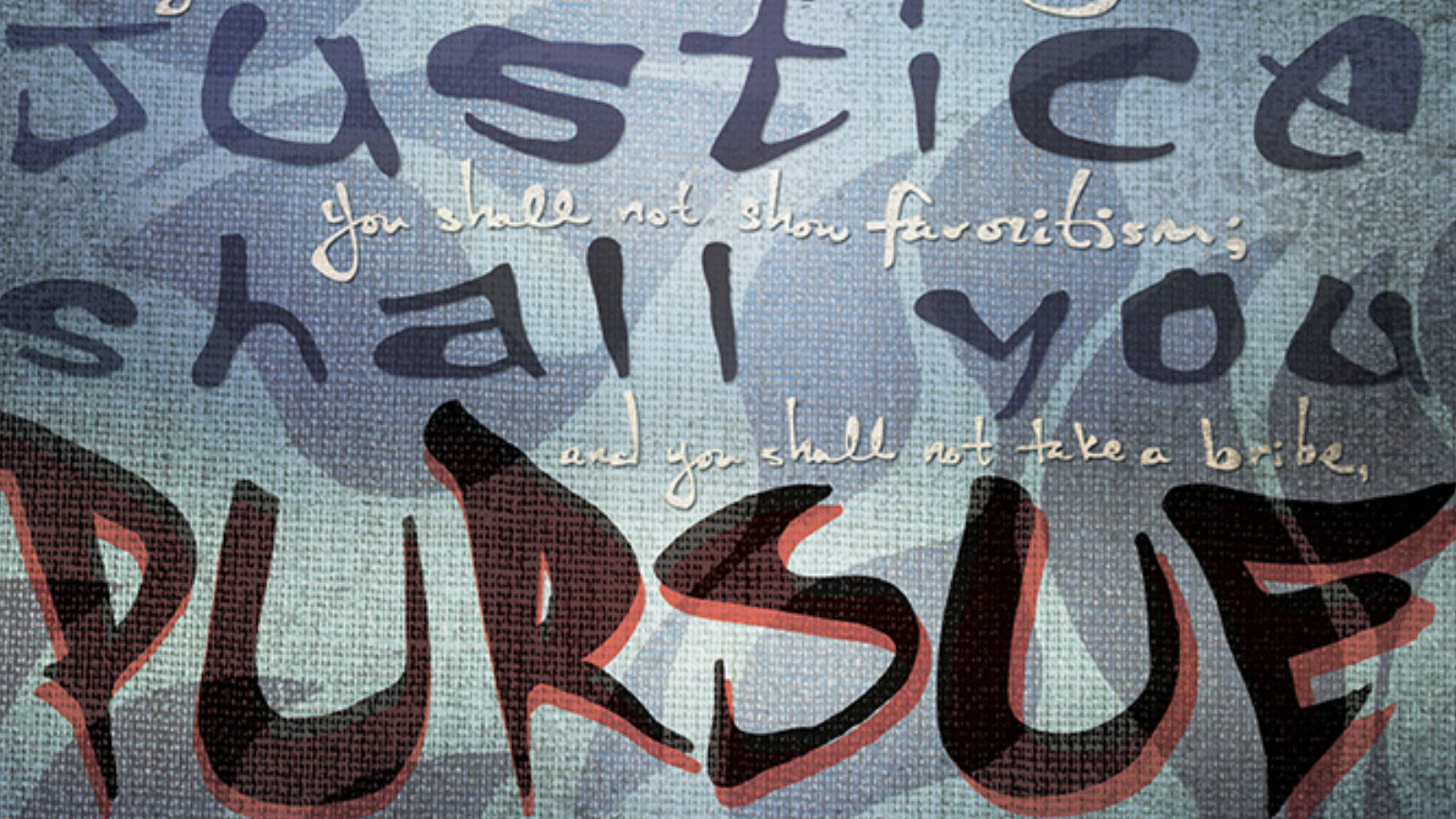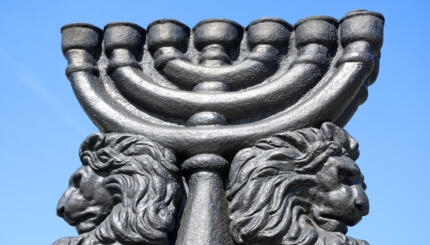Commentary on Parashat Shoftim, Deuteronomy 16:18-21:9
This week’s Torah portion is a touchstone text within Jewish environmentalism, as it contains the commandment “not to destroy” trees in the field (“bal taschit”). Eventually, throughout Jewish legal history, it evolves into the broader concept of not wasting our natural resources. In this portion God tells the Israelites that while amid the military operations of conquest, they must not destroy any fruit-bearing trees. One may clearly deduce the practicality of this law, but the reasoning is rather peculiar, raising more questions than it answers.
The text reads:
When in your war against a city you have to besiege it, you must not destroy its trees, wielding the ax against them. You may eat of them, but you must not cut them down. Ki haadam eitz hasadeh lavo mipanecha? Is the tree of the field human to withdrawal before you into the besieged city?” (Deuteronomy 20:19)
What an odd rhetorical question, not to mention a puzzling explanation for a commandment and grist for generations of fascinating Torah commentary. Our tradition’s great interpreters treated the Torah not merely as some kind of rule book, nor a myth of origin, but as a canvas upon which to paint their own ultimate questions.
The 13th-century grammarian Ibn Ezra painted upon the canvas a distinct interpretation of the verse — that it is, not as a question at all, but rather a statement: “Ki Haadam eitz hasadeh, the human being is a tree of the field.” According to Ibn Ezra, by equating human life with the life of a tree, the destruction of that tree is tantamount to the destruction of human life. By extension, the protection or sparing of that tree equates with protecting or affirming human life.
With your help, My Jewish Learning can provide endless opportunities for learning, connection and discovery.
Another 13th-century Spanish work, Sefer HaChinuch, further explains:
The purpose of this mitzvah [bal tashchit] is to teach us to love that which is good and worthwhile and to cling to it, so that good becomes a part of us and we will avoid all that is evil and destructive…. This is the way of the righteous and those who improve society, who love peace: that nothing, not even a grain of mustard, should be lost to the world… Not so are the wicked, who….rejoice in the destruction … and are destroying themselves.” (Sefer HaChinuch, #529)
For Sefer HaChinuch, not destroying a tree is about embodying the attitude that we should regret any destruction we see and prevent any destruction we can prevent. To choose otherwise, he argues, is what defines people as evil, not to mention self-destructive.
Our mitzvot (plural of mitzvah) — which in this season leading up to the High Holy Days we might translate to mean, “our obligations to humanity and God” — challenge us to pay attention to the ultimate encounter with life itself. Every human being is a powerful variable in constant vacillation between forces of destruction and creation.
There’s a beautiful Hasidic teaching that says there are five most important mitzvot in the entire Jewish tradition, and the first is actually from this week’s portion:
Tamim tihiyeh. Be wholehearted with God. (Deuteronomy 18:13)
Shiviti Adonai. Always place God before you. (Psalms 16:8)
V’ahavta l’reiecha kamocha. Love your neighbor as yourself. (Leviticus 19:18)
B’chol drachecha da’eihu. Wherever you go recognize God. (Proverbs 3:6)
Hatzneia lechet im Elohecha. Walk humbly with God. (Micah 6:8)
Together these five teachings constitute a gestalt, in the form of an acrostic. The first letter of each of those teachings — Tov, Shin, Vav, Vet, Heh — spell the Hebrew word, teshuvah, the Jewish concept of Return or Repentance.
This week we begin the month of Elul, the month in which we practice behaviors urging us to return to our holiest selves.
Our Torah portion calls out: “The human being is the tree of the field!”
Are we helping or hurting? Are we using words lovingly or harshly? Are we helping ourselves grow or cutting ourselves down?
Midrash Rabbah teaches that every blade of grass has its own angel, nudging it from heaven and whispering to it, “Grow, grow.”
Welcome to the month of Elul: A season in which we, like blades of grass — like the tree of the field — return again, moving toward creation, as our tradition whispers to us: Grow.
mitzvah
Pronounced: MITZ-vuh or meetz-VAH, Origin: Hebrew, commandment, also used to mean good deed.
Elul
Pronounced: eh-LULE, Origin: Hebrew, Jewish month usually coinciding with August-September.
Hasidic
Pronounced: khah-SID-ik, Origin: Hebrew, a stream within ultra-Orthodox Judaism that grew out of an 18th-century mystical revival movement.
Midrash
Pronounced: MIDD-rash, Origin: Hebrew, the process of interpretation by which the rabbis filled in “gaps” found in the Torah.



